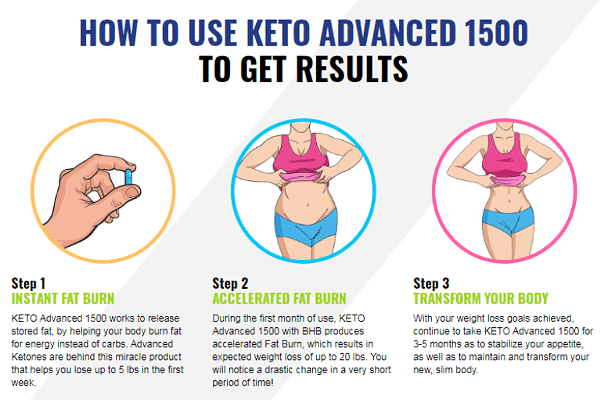

However, the extremely low water content in the spore core (35 to 40% of wet weight) in Bacillus subtilis and Bacillus megaterium spores ( 8) is most likely responsible for maintaining the inactivity of PGM and other spore core enzymes during the potentially long periods of spore dormancy. The enzyme that is regulated to allow 3PGA accumulation late in sporulation is phosphoglycerate mutase (PGM), and it appears likely that during sporulation there is a change in the pH of the developing spore core that results in loss of PGM activity and 3PGA accumulation ( 1, 5, – 7). Spores of Bacillus species also have significant levels of the enzymes needed for utilization of 3PGA to convert ADP to ATP, and the 3PGA depot in dormant Bacillus megaterium spores is sufficient to generate much of the ATP needed for even macromolecular synthesis in the first ∼10 min following initiation of spore germination ( 5). More importantly, spores have rather significant levels of 3-phosphoglyceric acid (3PGA), a potential rapid source of ATP, and spore 3PGA levels are generally significantly higher than those of AMP.

However, spores do have significant levels of ribonucleoside monophosphates, with AMP being the most abundant, as well as much smaller amounts of ADP. There have been relatively few detailed studies of metabolism of endogenous compounds in dormant spores although it is known that spores of both Bacillus and Clostridium species have minimal levels, if any, of normal high-energy compounds such as nucleoside triphosphates and reduced pyridine nucleotides ( 1).

In the latter two processes, this metabolism was suggested to take place shortly after spores were released from sporangia and to be important in adaptation of the spores to the environments in which they were released and incubated. subtilis spores are incubated for a number of days at physiological temperatures ( 4). However, there are reports that there is metabolic activity in these supposedly dormant spores, including oxidation of exogenous compounds such as glucose ( 3) and degradation of endogenous rRNA and even transcription, when B. Spores of various Bacillus species are generally referred to as metabolically dormant as metabolism of these spores of both exogenous and endogenous compounds is extremely low ( 1, 2). However, there was some metabolism in spores stored in spent sporulation medium. These data indicate that spores of Bacillus species stored in water or buffer at low or high temperatures exhibited minimal, if any, metabolism of endogenous compounds, even when the spore core pH was 7.8 and core water content was increased somewhat. However, no ATP was accumulated in these spores. megaterium spores with a core pH of ∼7.8. In contrast, spores incubated for up to 30 days at 37 or 50☌ in spent sporulation medium degraded significant amounts of 3PGA and accumulated ribonucleotides, indicative of RNA degradation, and these processes were increased in B. Stage I germinated spores of Bacillus megaterium that had slightly increased core water content and a core pH of 7.8 also did not degrade 3PGA and accumulated no ribonucleotides, including ATP, during incubation for 8 days at 37☌ in buffered saline. Incubation for up to 30 days at 4, 37, or 50☌ in water, at 37 or 50☌ in buffer to raise the spore core pH from ∼ 6.3 to 7.8, or at 4☌ in spent sporulation medium caused no significant changes in ribonucleotide or 3PGA levels. Spores of Bacillus megaterium and Bacillus subtilis strains were harvested shortly after release from sporangia and incubated under various conditions, and dormant spore metabolism was monitored by 31P nuclear magnetic resonance (NMR) analysis of molecules including 3-phosphoglyceric acid (3PGA) and ribonucleotides. This work was undertaken to obtain information on levels of metabolism in dormant spores of Bacillus species incubated for weeks at physiological temperatures.


 0 kommentar(er)
0 kommentar(er)
